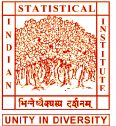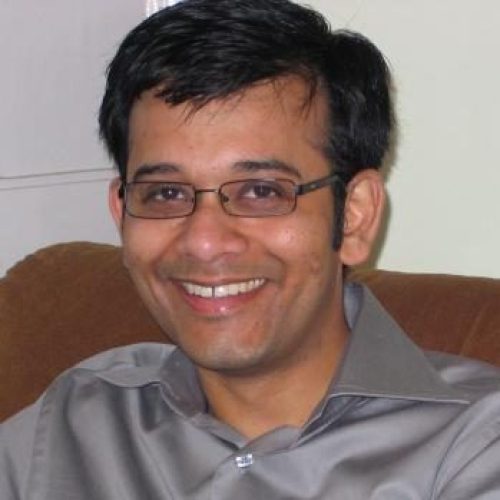Prof. Antar Bandyopadhyay is a distinguished academic currently serving as a Professor in the Theoretical Statistics and Mathematics Division at the Indian Statistical Institute (ISI). He is based primarily at the Theoretical Statistics and Mathematics Unit at the ISI New Delhi Centre, while also spending time at the Headquarters in Kolkata. Over the years, he has made several extended visits to ISI Kolkata, occupying office Room 3.4 on the third floor of A. N. Kolmogorov Bhavan. These visits have included Fall 2019, Fall 2018, Fall 2014, Summer 2011, and Fall 2008.
In addition to his current professorship, he holds the position of Head of the Delhi Centre (Head, DC) at ISI, a four-year appointment from May 1, 2023, to April 30, 2027. This role includes an ex-officio membership on the ISI Council. Previously, he served as the Professor-in-Charge of the Theoretical Statistics and Mathematics Division from September 18, 2020, to September 17, 2022, during which he also held an ex-officio elected position on the Council.
Prof. Bandyopadhyay has an international background in both research and teaching. He was a Visiting Associate Professor at the Department of Statistics, University of California, Berkeley, during the 2013-2014 academic year, where he worked from Room 387 on the third floor of Evans Hall. He earned his Ph.D. in Statistics from UC Berkeley in May 2003 under the supervision of Professor David J. Aldous, with his dissertation focusing on Max-type Recursive Distributional Equations.
Prior to joining ISI, he completed a two-year postdoctoral research position at Chalmers University of Technology in Gothenburg, Sweden (2004-2006), where he collaborated with Professors Jeffrey Steif, Olle Häaggströom, and Johan Jonasson. He also held an earlier postdoctoral position at the Institute for Mathematics and Its Applications, University of Minnesota, Minneapolis (2003-2004), where he worked with Professor Ofer Zeitouni.
Prof. Bandyopadhyay continues to contribute to the fields of theoretical statistics and mathematics through his academic leadership, research, and international collaborations.



